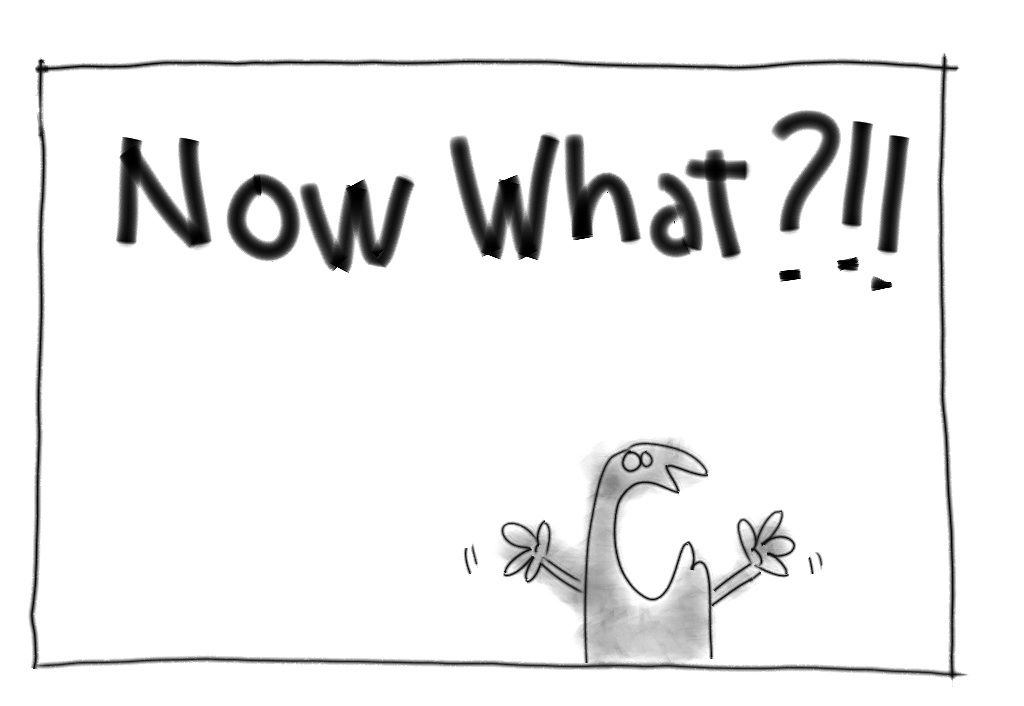A Clouded Future for Libraries
ITHAKA surveys librarians, but hides the implicit shrug most of their questions yielded

Most objective observers of the library space are likely not surprised by the results of the recent ITHAKA US Library Survey 2022, published at the end of March. Top-level findings indicate institutional leadership is uncertain of the value proposition of the library; librarians are finding it difficult to manage technology resources and attract knowledge workers; and there’s a dawning realization that OA and other open initiatives are going to end up costing more than subscriptions ever did for major research institutions.
But what’s more striking is a lack of unanimity about issues we’ve been told there’s no use questioning or interrogating, like OA and related ideological stances. It reminds me of the numerous instances over the past few years where assertions about the unquestionable benefits of “open” have been tested in debates and exchanges, only to falter badly under the light of logic and reality.
The survey also reveals structural choices libraries have been making for years, some questionable given the complaints they bring to the market. For instance, rather than spending a hypothetical 10% funding increase on collections, the majority of respondents would opt to spend it on new or redefined positions or pay raises, with doctoral universities leading the way (to be fair, the baccalaureate and master’s colleges are more apt to want to spend on new online journals).
Confidence level differences jump out, with librarians at baccalaureate and master’s colleges having far less confidence in their persuasiveness, perceived role, and the overall library value proposition. Librarians at doctoral universities may be much more persuasive, esteemed, and structurally respected by virtue of their association with the library, but I wonder if there isn’t some level of self-deception here, as the levels of confidence are quite divergent.
There’s also an unspoken “Neither Agree nor Disagree” answer lurking in the results presentation. It isn’t highlighted by ITHAKA, despite it being hugely important to a few questions.